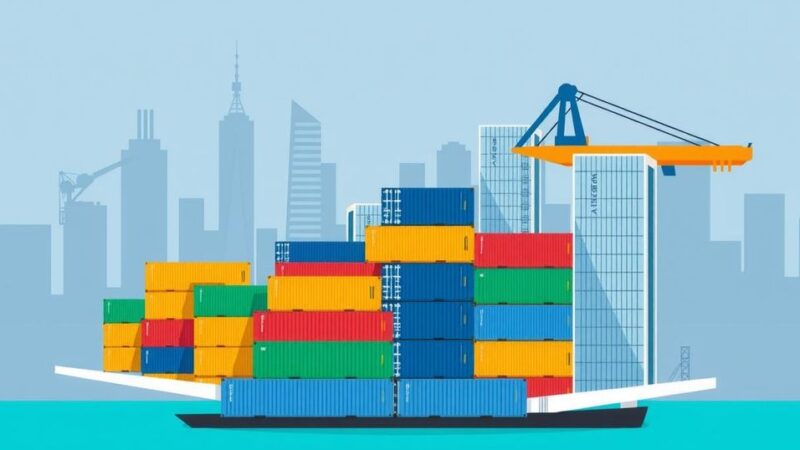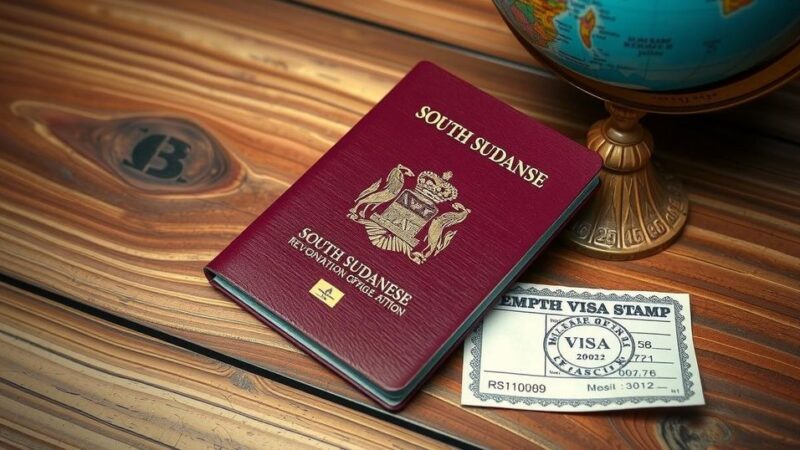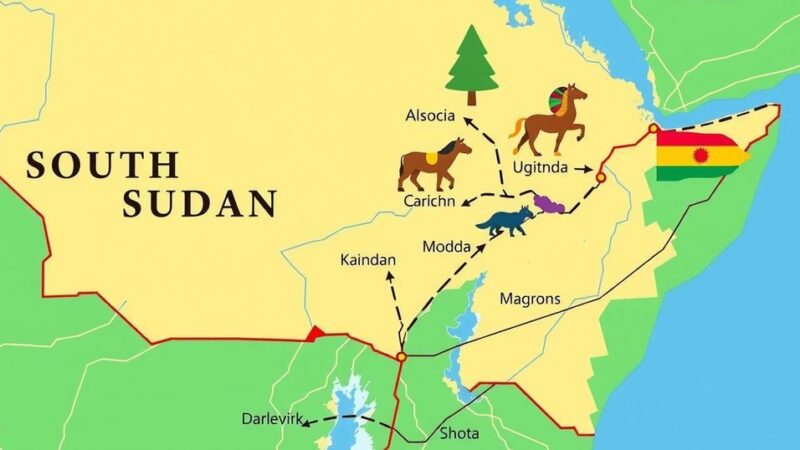Qatar is mediating peace talks in eastern DRC between the M23 rebel group and the Congolese army. Rwandan and Congolese leaders committed to an immediate ceasefire but lacked clear implementation strategies. Experts highlight Qatar’s strong history in peace mediation, with potential impacts on regional stability and economic ties in Africa.
The State of Qatar is currently mediating peace negotiations to resolve the ongoing conflict in the eastern Democratic Republic of Congo (DRC), between the Rwandan-backed M23 rebel group and the Congolese army. On Tuesday, Qatari Emir Sheikh Tamim bin Hamad Al Thani hosted discussions with Rwandan President Paul Kagame and Congolese President Felix Tshisekedi in Doha. Although the leaders pledged an “immediate and unconditional” ceasefire, the logistics for implementing and monitoring this agreement remain unclear, as no concrete resolutions were established during the talks.
Beverly Ochieng, a senior associate at the Center for Strategic and International Studies, highlighted Qatar’s proven track record in brokering successful peace agreements, contrasting this with previous unsuccessful attempts by the East African Community and the Southern African Development Community. Ochieng remarked on Qatar’s surprising involvement, referencing its historical mediation efforts in various conflicts, including successful dialogues in Chad and a long-standing role in Afghanistan.
The talks signal Qatar’s ambitions to bolster regional stability and enhance economic partnerships in Africa. Presidential spokeswoman Tina Salama characterized Qatar as a significant ally to both nations. Qatar’s investments in Rwanda, including ownership stakes in RwandAir and Bugesera International Airport, exemplify its strategic interests in the region. Yvon Muya Cimanga from Saint Paul University suggested that Qatar aims to assert itself globally by employing various approaches, including diplomacy, sports, and economic initiatives.
In pursuit of economic diversification, Qatar recognizes the potential of Africa’s Great Lakes region, abundant in minerals. Investment in infrastructure, particularly airports and ports, is a priority, aiming to modernize transport links. Since diplomatic relations between Qatar and Rwanda were established in 2017, collaborations in trade, aviation, and agriculture have flourished. Further enhancing these ties, Qatar Airways recently expanded its network to include Kinshasa, improving connectivity across Africa.
Qatar’s role in mediating peace in the DRC is attributed to its deepening ties with the conflict-affected countries. Angolan President Joao Lourenco is advocating for direct negotiations between Kinshasa and the M23 rebels. Post-discussion, the Rwandan presidency emphasized the critical need for direct dialogue with the M23 to address the underlying issues fueling the conflict.
Despite previous setbacks in securing peace talks, there is indication that international pressure is influencing President Kagame’s stance. The urgency of the situation is underscored by a failed negotiation attempt and the rebels’ strategic moves prior to any significant dialogue. Analyst Ochieng underscored the symbolism of Tshisekedi and Kagame’s engagement in these discussions, marking a potentially pivotal moment in the peace process.
Qatar’s mediation efforts in the DRC present a strategic opportunity to foster peace amidst ongoing conflict. The meetings between Rwandan and Congolese leaders signify a potential shift toward dialogue, backed by Qatar’s historical successes in conflict resolution. As Qatar seeks to strengthen its regional presence and diversify its economic interests, the outcomes of these negotiations may pave the way for improved stability in eastern Congo. The implications of increased international attention could further compel meaningful negotiations between the conflicting parties.
Original Source: www.dw.com






